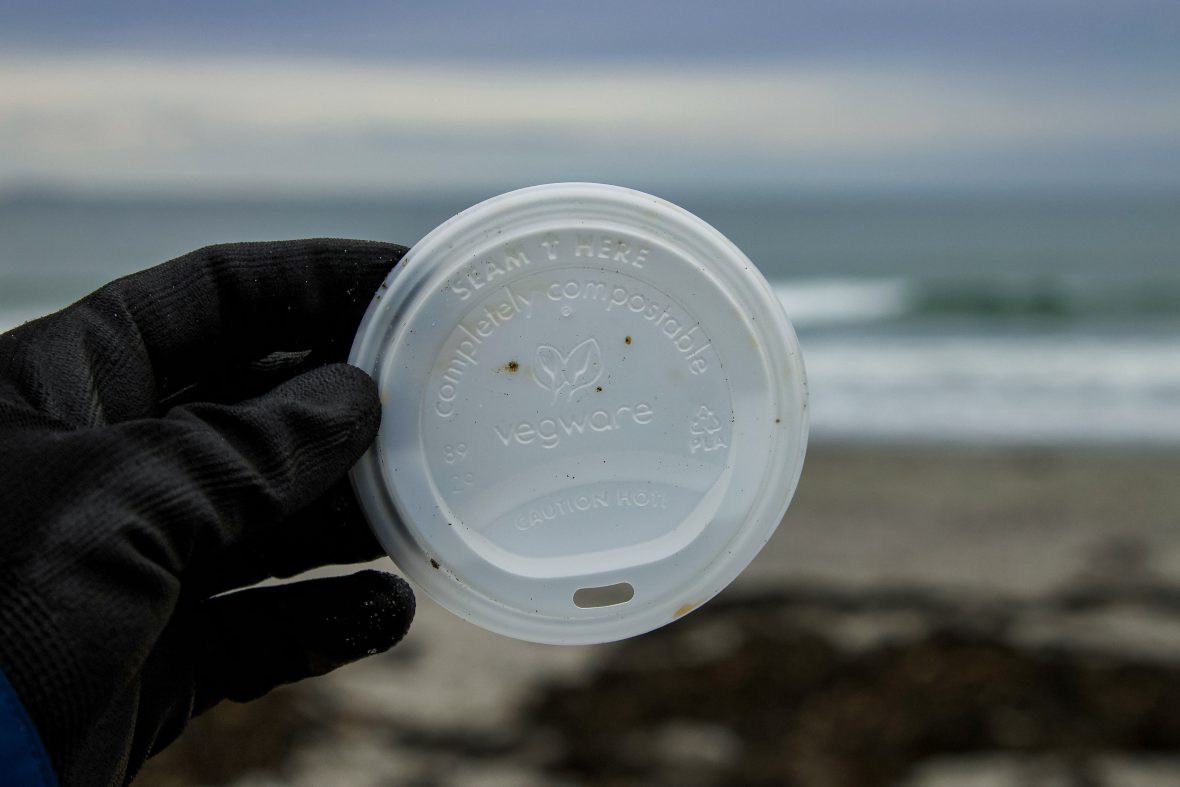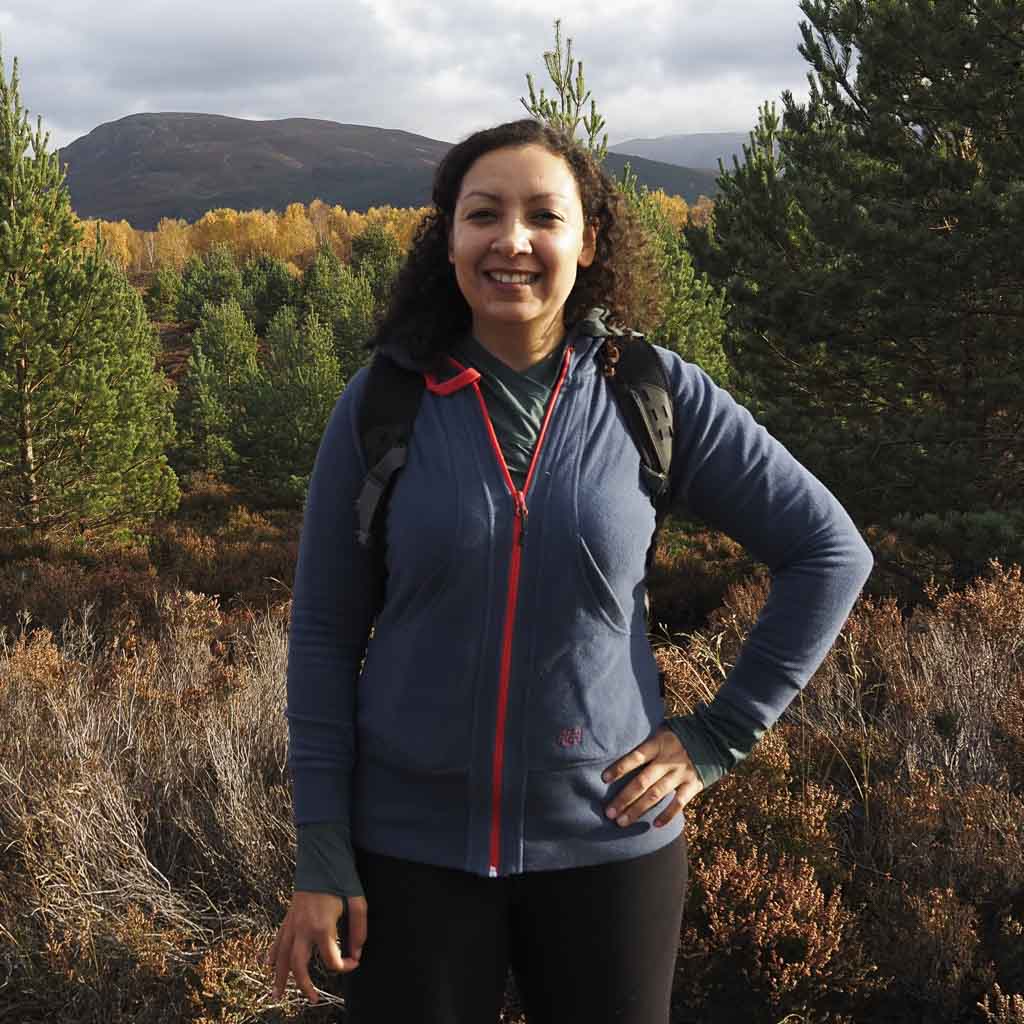
Some AI-generated travel recommendations are laughable. But could other seemingly harmless tips actually encourage greenwashing?


Some AI-generated travel recommendations are laughable. But could other seemingly harmless tips actually encourage greenwashing?
Replacing writers and augmenting trip planning with artificial intelligence hasn’t exactly been going smoothly for the travel industry lately. Last month, Microsoft was ridiculed for listing the Ottawa Food Bank as a tourist destination in an MSN article (which the company claimed was a case of “human error” in the curation of algorithmic content), and the travel guides produced by BuzzFeed’s “Creative AI Assistant” Buzzy The Robot are so bad they’re (almost) good. “I know what you’re thinking,” writes Buzzy. “Isn’t Stockholm that freezing, gloomy city up in the north that nobody cares about?”
But while it’s easy to identify glaring inaccuracies and ‘opinions’ in AI-generated travel content, it can be more difficult to detect subtle errors. You only need to watch the viral video tweeted by Nigerian tech worker Chukwuemeka Afigbo showing a hotel soap dispenser unable to detect a Black hand to understand how bias has been built into emerging technologies.
Take the issue of greenwashing, for example. Research conducted in Europe found that 42 percent of ‘green’ and sustainability-centered claims online were exaggerated, false or deceptive. AI creates generative content by aggregating information already available on the web as part of its learning process. So is AI currently learning how to greenwash, whether we like it or not?
To get a better read on this question, I performed a simple experiment. First, I devised a list of questions to find out what ChatGPT knew about greenwashing, and how it’s used in travel. And I have to admit, its knowledge was pretty spot-on. When I asked ChatGPT to tell me how greenwashing can appear in the travel industry, examples included promoting token gestures like small environmentally-focused initiatives (like planting trees) while downplaying larger environmental issues, and making exaggerated claims such as describing a resort as “completely sustainable.”
Things got more interesting when I asked ChatGPT to write a series of articles about travel experiences aligned with the principles of sustainable travel—sans greenwashing. In an article about the most sustainable hotels in Bali, ChatGPT’s listicle featured a property that doesn’t exist—as well as a vast, concrete hotel where single-use plastic amenities are featured in an image gallery. While mega hotel chains were quite rightly absent from ChatGPT’s list of 10 properties, most of the inclusions had weak sustainability creds. Perhaps they were selected by ChatGPT for their business names, which included self-selected words like “green,” “eco” and “sustainable.”

When I asked ChatGPT where I could volunteer with children on holiday, it suggested orphanages and children’s homes. ChatGPT also noted that “it’s essential to research and choose organizations with transparent and ethical practices,” yet child protection NGO the ChildSafe Movement advises that “working with children in institutions such as orphanages is a job for local experts, not for travelers.”
Ranked fourth on ChatGPT’s list of the most sustainable cruise companies was Royal Caribbean International, which once paid USD$18 million in fines for dumping waste oil and hazardous chemicals in coastal waters. The company is currently preparing to launch the world’s biggest cruise ship designed to be powered by liquefied natural gas (LNG), which Royal Caribbean markets as “the cleanest fossil fuel that can be used by cruise ships today.” Meanwhile, German environmental organization NABU, upon handing down its 11th annual cruise ranking in June, noted the drastic increase of methane emissions through the use of LNG as particularly worrisome, with these emissions over 80 times more harmful to the climate than CO₂.
My research pointed to the fact that there is a mega-cruise-ship-sized gap between AI’s ability to define a concept and apply it accurately—at least when it comes to sustainable travel.
With ChatGPT now gaining access to real-time data and Google reportedly in the early stages of developing AI tools to help journalists write stories and headlines, I have no doubt that AI will get better at this. But in the midst of a climate crisis, it’s an important reminder that humans remain essential in identifying, exposing and avoiding the perpetuation of all biases—including greenwashing.
And by the way, Buzzy, Stockholm is a spectacularly situated city adored by millions.
***
Adventure.com strives to be a low-emissions publication, and we are working to reduce our carbon emissions where possible. Emissions generated by the movements of our staff and contributors are carbon offset through our parent company, Intrepid. You can visit our sustainability page and read our Contributor Impact Guidelines for more information. While we take our commitment to people and planet seriously, we acknowledge that we still have plenty of work to do, and we welcome all feedback and suggestions from our readers. You can contact us anytime at hello@adventure.com. Please allow up to one week for a response.








Can't find what you're looking for? Try using these tags: